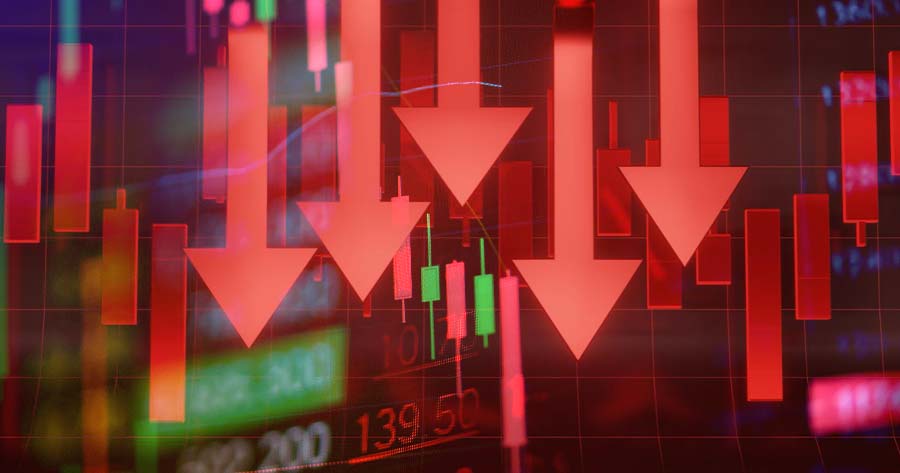Kiatnakin Phatra Securities (KKPS) noted in its report that, in light of a revised industrial landscape, the analyst has downgraded earnings expectations for WHA Corporation Public Company Limited (SET: WHA) and Amata Corporation Public Company Limited (SET: AMATA) through 2027.
The pre-trade war reshoring levels of land sales have been factored in, prompting significant cuts in core profit forecasts by 4%, 15%, and 28% for WHA in 2025, 2026, and 2027, respectively, and 4%, 24%, and 40% for AMATA.
Consequently, price-to-earnings ratio (PER) targets for both firms have been adjusted. WHA’s PER has been slashed to 9.0x, down from 18.0x, reflecting a risk due to global US tariffs. Similarly, AMATA’s PER has been reduced to 6.0x from 14.0x.
AMATA’s rating has been downgraded to ‘Underperform’, with a new price target of THB 13.50 per share, a significant fall from the previous THB 34. Meanwhile, the analyst maintains a ‘Buy’ rating for WHA, with a lowered target price of THB 3.40 per share, down from THB 6.00.
Amid global trade uncertainties, foreign direct investment in manufacturing is predicted to pause for six months. The Board of Investment (BOI) has tightened conditions, including requirements for certificates of origin and local content value addition. This is expected to prevent China from rerouting. Additionally, the Eastern Economic Corridor (EEC) could see land sales demand drop by 44% in both 2025 and 2026, aligning with historical lows.
With forecast adjustments, the analyst anticipates WHA’s new land sales to fall to 1,650 rai in 2025 and 900 rai in 2026, trimmed from initial projections of 2,600 rai for both years. Similarly, AMATA’s forecast now stands at 580 rai for 2025 and 540 rai for 2026, down from previous estimates of 2,700 rai and 2,200 rai, respectively.
Core profit profiles present a mixed outlook; AMATA foresees a slight increase of 2% in 2025 but a decline of 14% and 10% in the following years. In contrast, WHA’s performance could remain steadier, with a 10% rise in 2025, followed by decreases of 5% and 9% afterward.
KKPS stated that WHA appears more resilient than AMATA for several reasons. The company holds the largest market share in land sales, enjoys substantial contributions from the U.S. and digital industries, and boasts stronger recurring income streams—with significantly larger rental asset and income bases than AMATA.
Investors are advised to focus on price-to-book value (PBV) for assessing trough valuations. Historically, during downturns in Thailand’s industrial land demand, WHA managed a PBV of 1.1x versus AMATA’s 0.6x due to WHA’s better return on equity. Currently, WHA trades at an estimated 2026 PBV of 1.1x, while AMATA stands at 0.7x.





